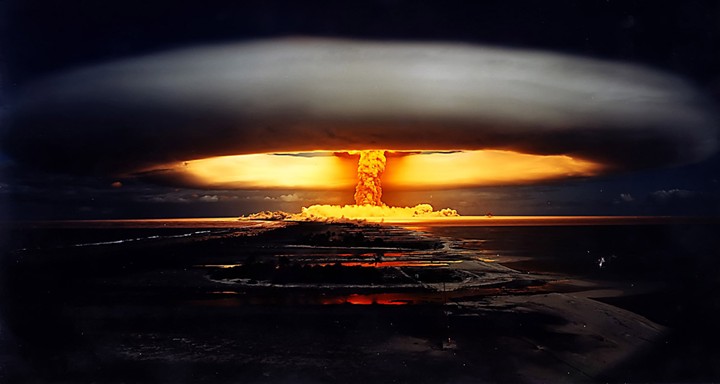by Catherine Buntin, August 2024
Americans have protested the genocide in Gaza for these past 10 months. It has been anguishing to see the daily terror and murder of the Palestinian families and children. It’s a barbaric war.
Reflecting on my participation in the street protests at the Democratic convention last week, and having conversations with people from across the country who care deeply about a peace in the middle east, several themes emerged from these discussions that are shared here.
MANY THINGS ABOUT THIS WAR ARE CLEAR TO EVERYONE.
No one excuses the horrific murders of October 7th. It is a war crime to kill civilians. But proportionality has been lost, the response is openly intended as genocide.
Hamas is a military force, but it also has provided government services to the Palestinian people in Gaza, much as the militant Black Panthers in Chicago also provided basic needed services to their communities for years (something that went unrecognized). These entities serve as more than one thing for their people.
The occupation has meant that Palestinians have no control over their economy, over their power sources and water resources. No control over the food supplies or travel out of their region. And no opportunity for a defense force, or a military base, thus the tunnels their only way to resist occupation. Moreover, Israeli settler violence against Palestinians that happens daily, long has been met with immunity.
Many freedoms are out of reach for Palestinians. Home security versus home demolitions, secure streets versus IDF snatching and taking people prisoners at whim. A secure environment for children versus abuse of children on the streets and in their homes. Israelis hold Prisoners like hostages for years often without charges or on fabricated charges.
KNOWING ALL THIS, WE MUST ASK SOME CRITICAL QUESTIONS OF OURSELVES, if we proclaim to hold the moral high ground as often, we do.
Do Palestinians have the same right to defend themselves as Israel has to defend itself?
Is it natural to resist an oppressor? If so, does that resister deserve to be called a terrorist?
What about the oppressors? Should they be defined as terrorists?
Is “occupation” a racist system of oppression? Is one side deserving of freedom and security at the expense of the other? Or are both peoples born with the inalienable rights of freedom and liberty?
Bringing the questions home, how can Americans convince their politicians to withhold further support from the oppressor in order to achieve a permanent ceasefire and an end to Israel’s genocidal goals?
Finally, do Palestinian citizens have the right to decide the role Hamas should play in their future government just as Israeli citizens are allowed to decide whether Netanyahu will be their leader for tomorrow?
If we ask these questions with an open mind, will we be better prepared to work for a realistic (or an actual) peace in the Middle East?
Catherine Buntin, Public Health Nurse and Board Member, Chicago Area Peace Action

